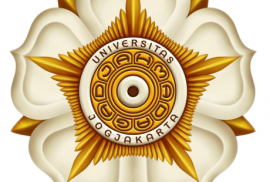Tawaran Penelitian Hibah Penelitian Mahasiswa Departemen Gizi Kesehatan FK-UGM 2017
| Agenda | Jadwal |
|---|---|
| Batas Akhir Penerimaan Proposal | Senin, 6 Maret 2017 |
| Seleksi Proposal | Senin-Jumat, 13-17 Maret 2017 |
| BPengumuman Proposal lolos seleksi | Senin, 27 Maret 2017 |








